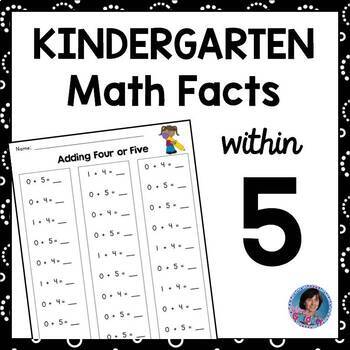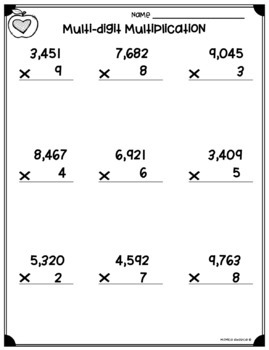

MUSIC MATH SUBTRACT AND ADDITION HOW TO

Then talk to your child's math teacher to understand where they are having trouble. If your child has a hard time with numbers, see their doctor to rule out any vision or hearing problems that might affect their ability to learn. For example, a child with this learning disability may get upset with games that require constant counting or scorekeeping.

Understand graphs and charts (visual-spatial concepts)Īny number-based or math-based activity - even outside school - can frustrate kids with dyscalculia.Link a number (1) to its corresponding word (one).Learn basic math, like addition, subtraction, and multiplication.For example, they may panic at the thought of math homework.Įstimate things, like how long something takes or the ceiling heightSchool-aged kids with dyscalculia may find it hard to: A child with dyscalculia also may have a lot of anxiety about numbers.

This can make it hard to quickly tell, for example, if the number 8 is a bigger number than 6. They may find it hard to know at a glance how many things are in a group - a skill called "subitizing" that helps you see a 5 and a 3 after you roll the dice, without really counting.Įven their basic understanding of numbers, or “number sense,” may not work well. They may count on their fingers long after kids the same age have stopped doing it. Kids with dyscalculia may lose track when counting. It can be associated with attention deficit hyperactivity disorder ( ADHD) - up to 60% of people who have ADHD also have a learning disorder, like dyscalculia. Your school or doctor may call it a “mathematics learning disability” or a “math disorder.” In fact, kids and parents sometimes call it “math dyslexia,” but this can be confusing because dyscalculia is a completely different condition. Research suggests it's as common as dyslexia - a reading disorder - but not as well understood. Up to 7% of elementary school students have dyscalculia. It may run in families, but scientists haven't found any genes related to it. It's a brain-related condition that makes basic arithmetic hard to learn. But if they have problems with numbers or low math test scores yet does well in other subjects, they could have a math learning disability called dyscalculia. It's not unusual for a child to have a tough time with math homework now and then.


 0 kommentar(er)
0 kommentar(er)
